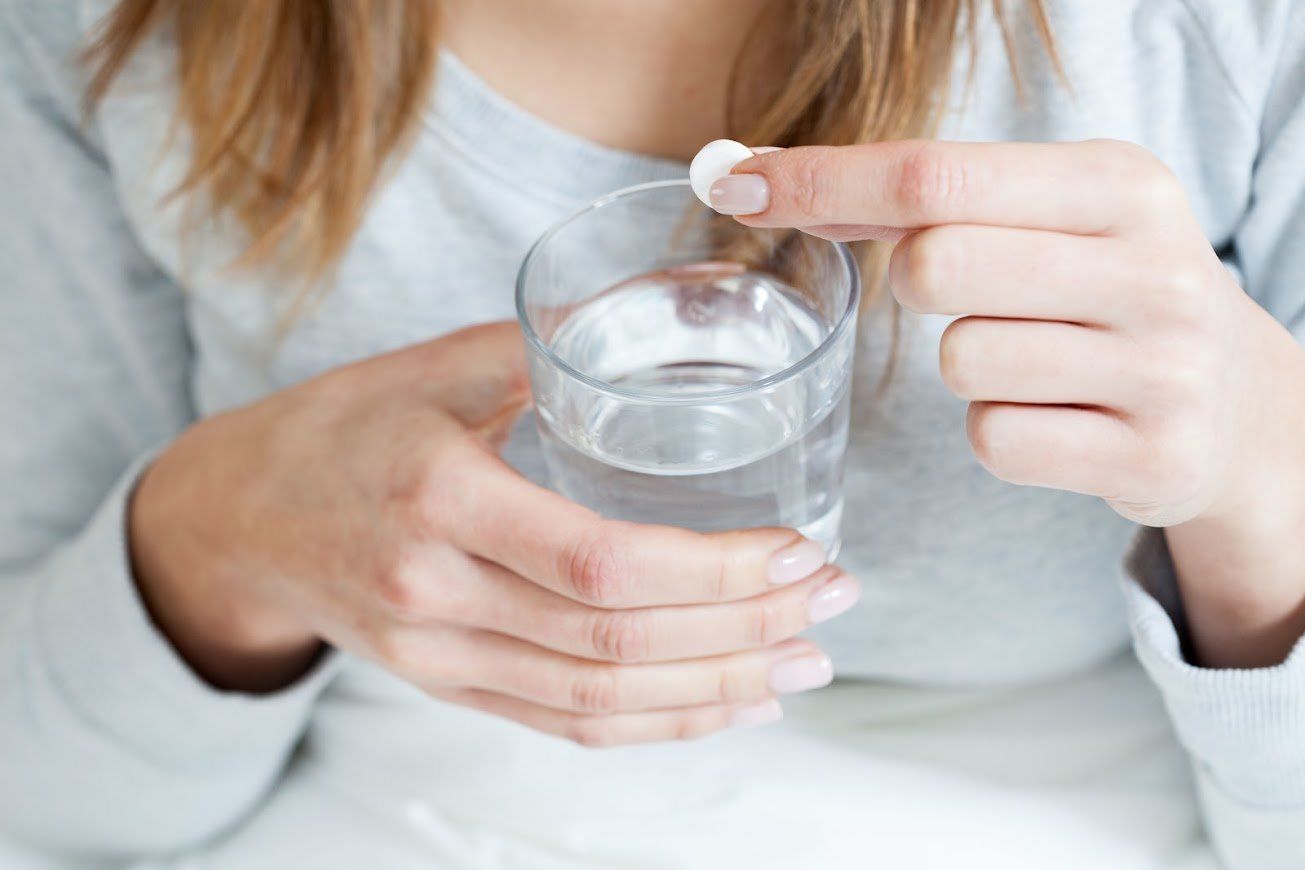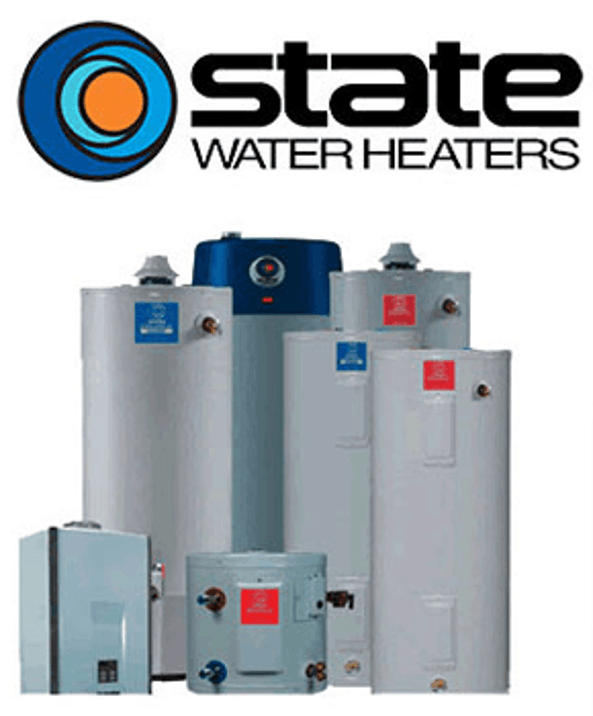7 Adverse Effects of Hard Water | Henry's Service All

Rainwater falls from the sky in pure form, but it absorbs minerals upon contact with the soil. Water with high concentrations of minerals, primarily magnesium and calcium, is referred to as hard water, and it isn't kind to your home or your skin. Discover some hard water effects below.
1. Dry and Irritated Skin
Cleaning away debris is a vital step in any skincare routine. However, if you struggle with dry skin despite using good skincare products, the water from your tap may be the culprit.
The minerals in hard water leave a buildup of product residue on your skin, which disrupts your skin's healthy barrier over time and clogs your pores, resulting in acne. Hard water is especially harsh on people with skin conditions, who report worsening symptoms like skin itching and rashes.
2. Dull and Brittle Hair
Hard water also has adverse effects on hair. The minerals in the water bond to hair strands and produce a film that prevents shampoos and treatments from cleaning and nourishing your hair. You will likely end up with frizzy, lackluster, and stiff hair, especially if you wash it with hard water for a long time. If you have dyed hair, the color may fade over time.
3. Clogged Pipes
The mineral deposits in hard water line the interiors of plumbing pipes, just like cholesterol accumulates in a person's arteries.
This buildup of minerals reduces water flow over time and creates blockages that can result in leaks. If you don't address the blockages promptly, the mineral buildup can cut the water supply to some areas of your home. Repairs can also get expensive, particularly if a plumber has to replace some water supply lines.
4. Inefficient Appliances
Hard water affects water-using appliances in your home just as it clogs your pipes. The mineral deposits accumulate in the moving parts of dishwashers, heaters, coffee makers, ice machines, and kettles, resulting in premature failure and the replacement of expensive parts.
If you buy energy-efficiency appliances, hard water prevents you from enjoying energy savings. Your washing machine works harder and consumes more energy to clean your clothes, while sediments in the water heater reduce its ability to heat water effectively.
5. Scale Buildup on Plumbing Fixtures
If you often scrub your sinks, faucets, and bathtubs to remove scum buildup, blame hard water. The mineral deposits in hard water leave behind this unsightly, chalky white scale on plumbing fixtures and appliances that heat water. You can remove this buildup with household items like baking soda, white vinegar, and lemon.
6. Ruined Laundry
The minerals in hard water mix with detergent and form a residue that prevents the cleaning agent from cleaning your clothes. This soap scum also attracts dirt, and you may notice gray or white-colored streaks on your colored clothes and the yellowing of your white clothes. You may use more detergent than usual to combat these issues, but you spend more on cleaning soaps and energy bills.
Stiff rather than fluffy fabrics is another laundry problem associated with hard water. Also, your clothes become more susceptible to wear and tear over time.
7. Stained Kitchenware
Hard water isn't kind to cookware and glasses as it leaves a white buildup that you cannot ignore. As water evaporates from your pans and pots, the minerals linger and accumulate over time. If you have a prized stainless steel kitchenware collection, the appearance of scum rings is incredibly frustrating.
Hard water has far-reaching effects on your home, from dry skin, brittle hair, stiff clothes, and damaged plumbing. Thankfully, water softeners reduce the mineral content in hard water and make your water supply more suitable for your family. Contact us today at Henry's Service All to discover the benefits of water softeners.











